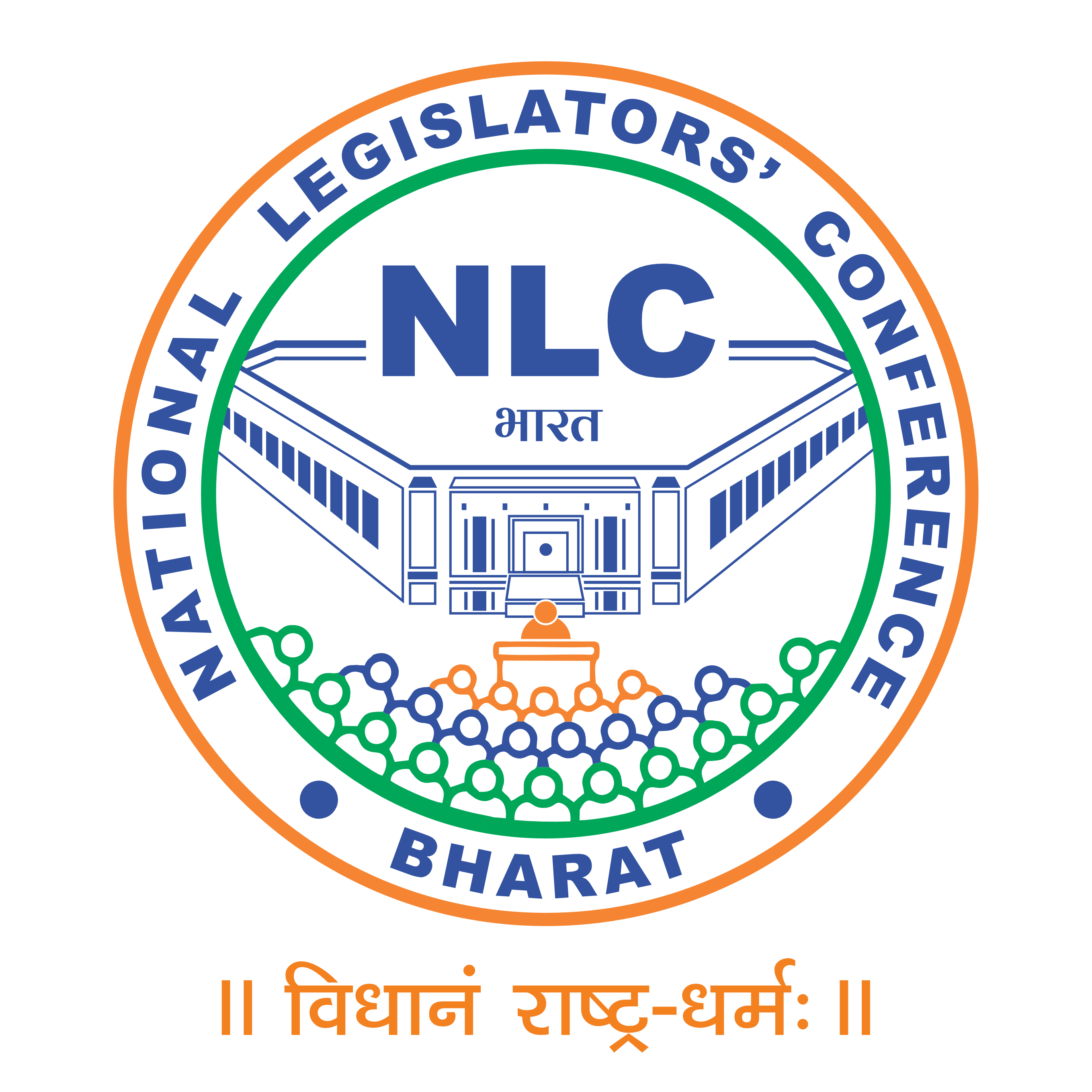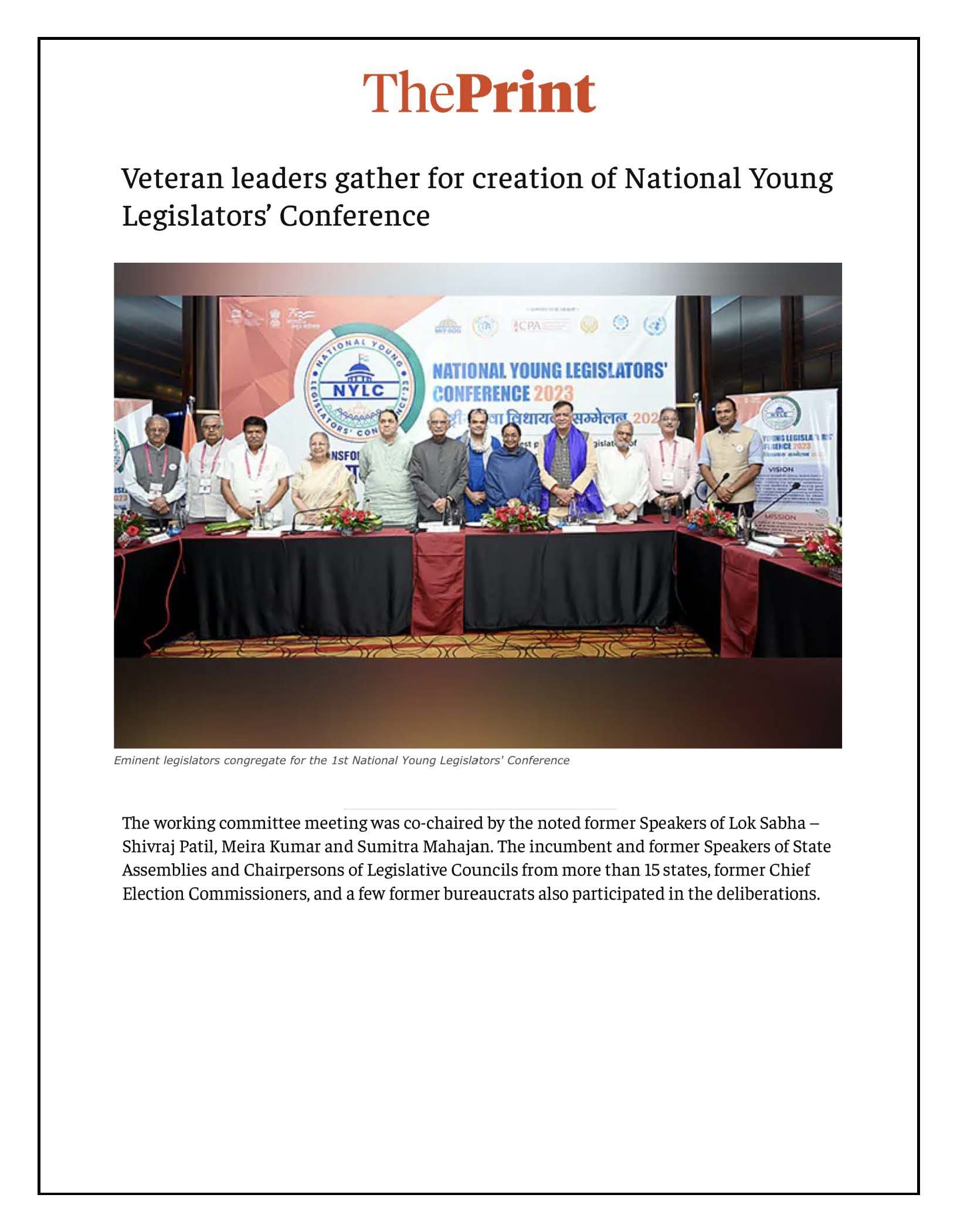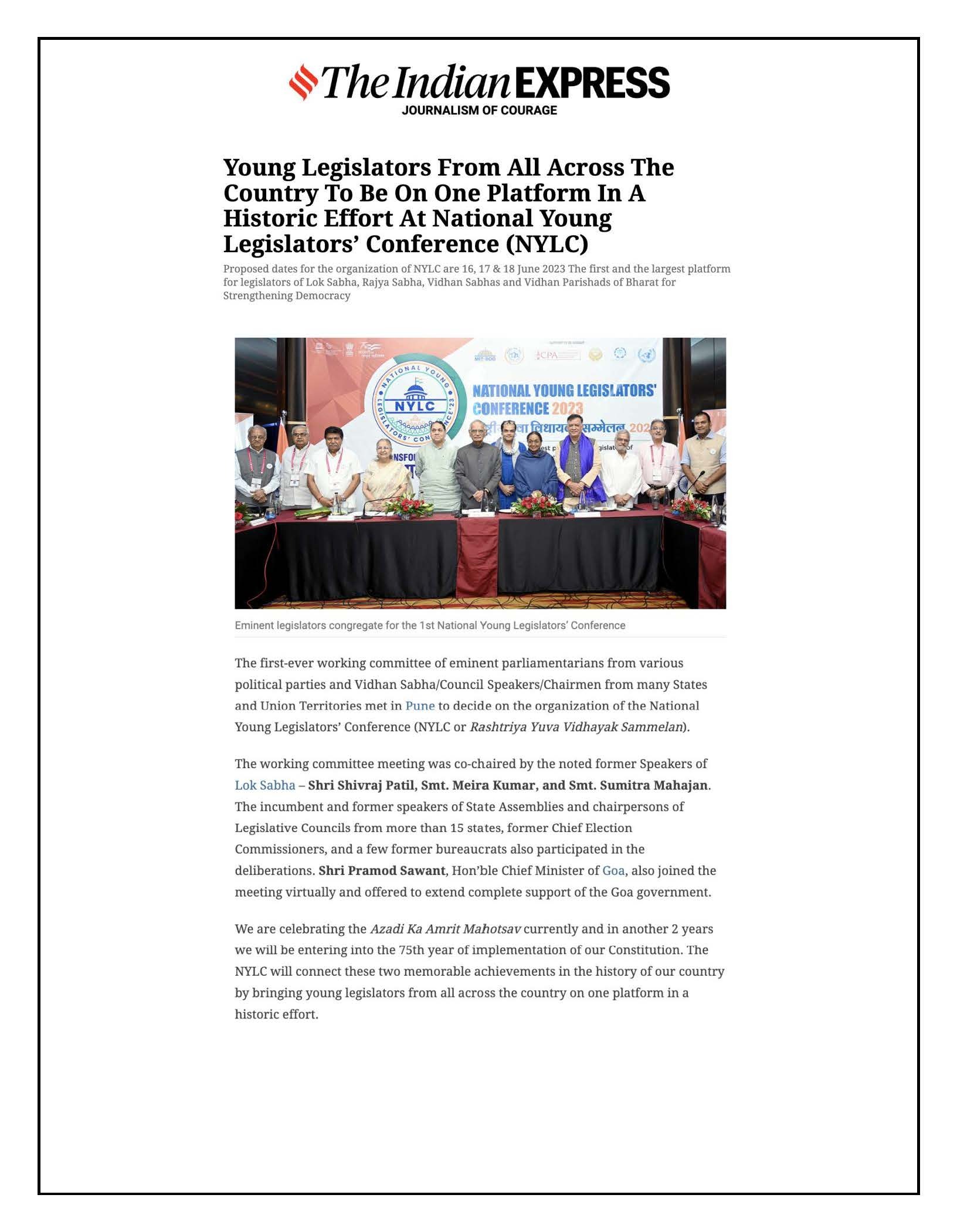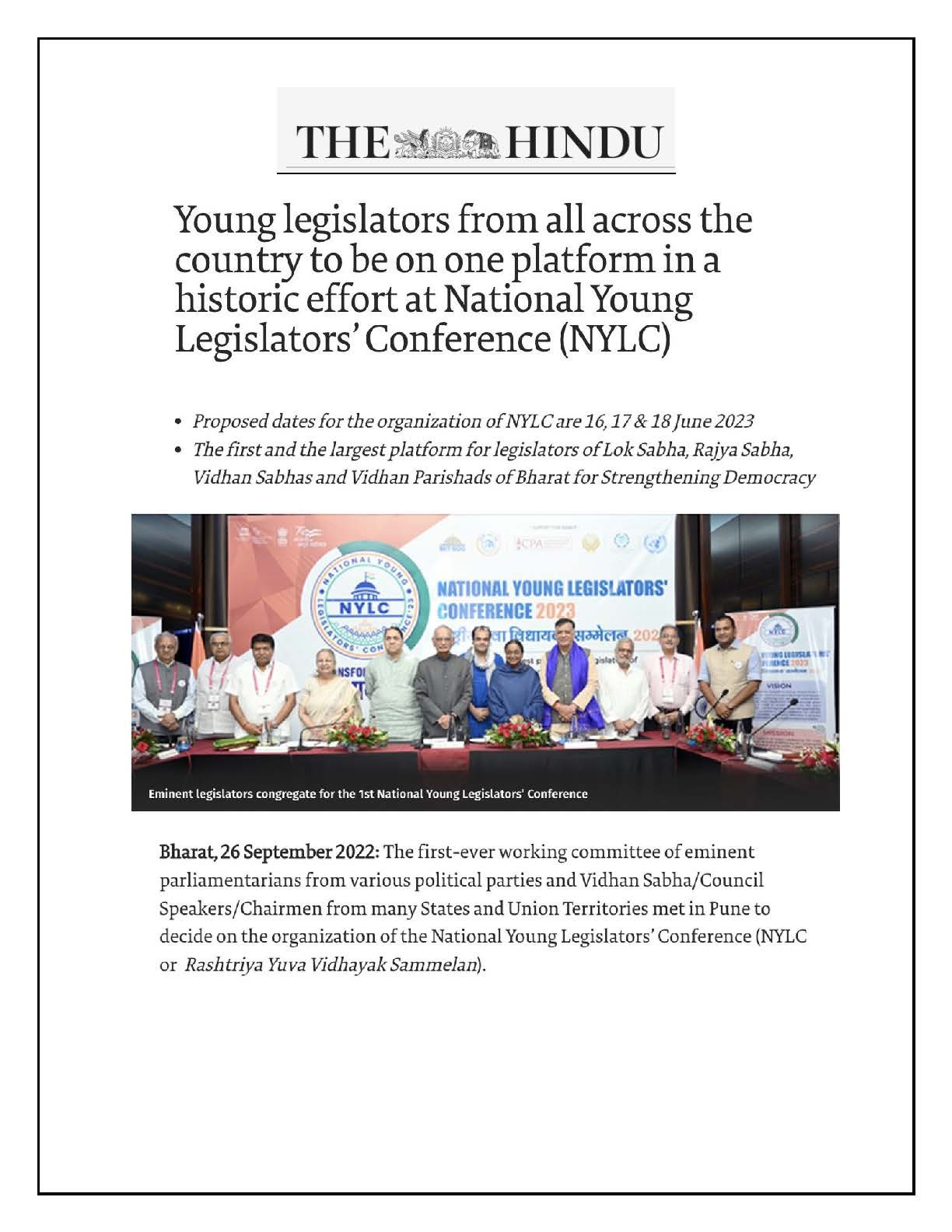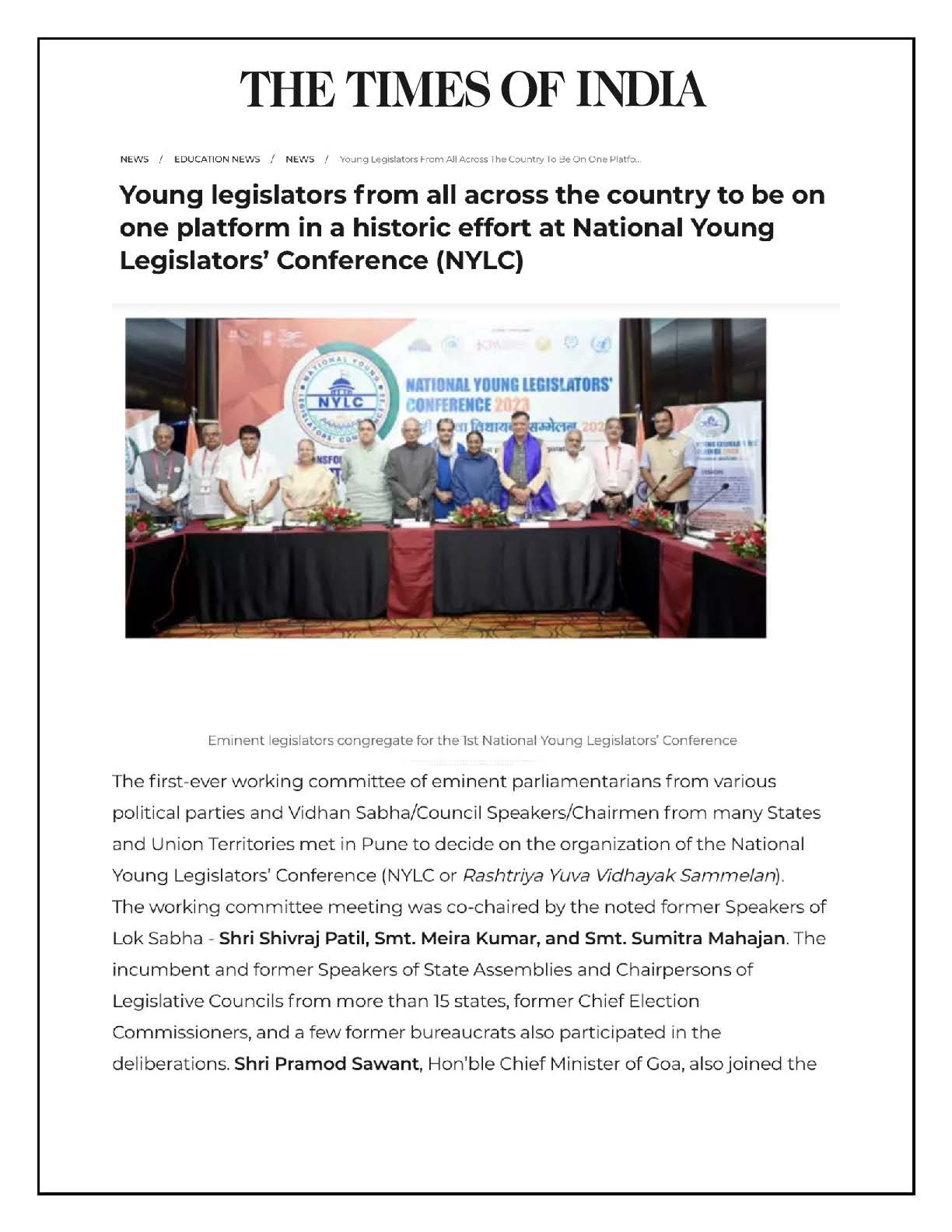“I will give you a talisman. Whenever you are in doubt, or when the self becomes too much with you, apply the following test. Recall the face of the poorest and the weakest man [woman] whom you may have seen, and ask yourself, if the step you contemplate is going to be of any use to him [her]. Will he [she] gain anything by it? Will it restore him [her] to control over his [her] own life and destiny? In other words, will it lead to swaraj [freedom] for the hungry and spiritually starving millions? Then you will find your doubts and yourself melt away.”
Mahatma Gandhi wrote this note in 1948, reflecting the humanist perspective of development approaches and strategies in which he discussed the welfare of the weakest, poorest, and most impoverished people and suggested the way for the emergence of India as a genuine ‘welfare state’.
Welfare schemes are meant to improve lives and provide support to vulnerable people in the society. In India, Governments at all levels, announce development and welfare schemes from time to time like Antyodaya Anna Yojana as part of the Public Distribution System (PDS), Jan Dhan Yojana, Mahatma Gandhi National Rural Employment Guarantee Scheme (MGNREGS), Skill development programmes for Persons with Disabilities (PwD), Special programmes for Aged population, etc. Although many of these programmes have helped to alleviate poverty and bought benefits to many, some of the programmes are mired with leakages and corruption. Usually funded by taxes paid by the citizens, such schemes enable people to get through challenging times in their lives by reducing their financial strain. The goals of welfare schemes thus include fostering education & health, developing human resources, reducing the inequalities, providing a higher standard of living, etc.
Welfare schemes of the Government are meant for implementation by Local Government Institutions like Panchayati Raj Institutions and Municipalities. However, several problems can be identified that impact the overall outcomes of welfare programmes.
Lack of effective scrutiny and audits leads to unaccountability and gross mismanagement of funds. Timely inspection thus becomes necessary, Evidence shows that illiteracy and unawareness about government programmes and benefits therein lead to widespread corruption. The Ration Card scheme is a case in point in which false beneficiaries were created through fake documents and funds were siphoned off by middlemen, and local officials. Such brazen misuse of authority means that the intended benefits do not reach the beleaguered.
Critics also argue that weak enforcement of laws for punishing the corrupt has led to a sense of fearlessness among the culprits. Political interference plays a part in this sorry state of affairs. Thus, any effort to punish the culprit goes in vain due to political interference. In addition, the “welfare bureaucracy” is deeply centralized which comes at the cost of empowering the local government system that is genuinely responsive to the needs of the citizens. Nevertheless, Local governments play a critical role in the effective implementation of welfare programmes. They act as vanguards for curbing discretion and tightening scrutiny to prevent any leakages.
A further stimulus can be provided by inducting technology into service delivery. The 2017 economic survey has argued that “by moving resources directly to beneficiary accounts, income transfers have the potential of cutting down bureaucratic layers. This could curb discretion, simplify monitoring, and therefore reduce corruption.” Technology-based reforms are needed to streamline the administration of fund transfers by reducing administrative layers.
Given the above challenges, the participants in this session can address the following questions during the discussions:
- What does the term ‘welfare’ mean?
- Whether the term ‘Welfare’ has a common meaning and standard definition?
- How can local governments be made more effective in implementing welfare programmes?
- How can be make the welfare programmes more citizen-friendly and citizen-centric?
- Has the culture of treating citizens like ‘dole receivers’ been fostered by welfarism?
- How do we draw the line between ‘welfare schemes’ and provision of ‘freebies’?
- What actions are necessary to go from welfare to well-being?
- Can we think of initiating a ‘Social Budgeting’ system to get feedback on welfare schemes from the key stakeholders?
